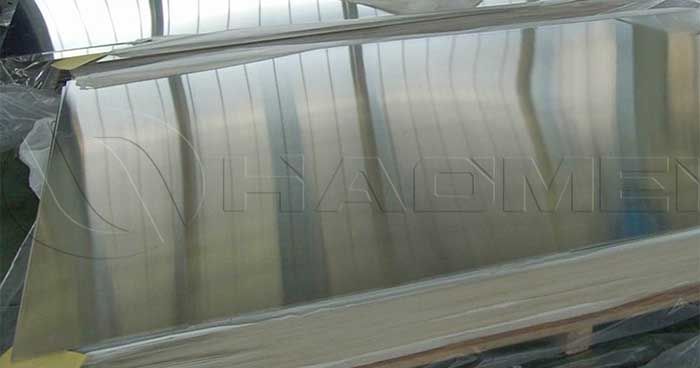Aluminum Alloys for Electrical Cars
Publish Time: 2022-02-24 Origin:https://www.hmaluminumsupply.com
Aluminum is the most cost-effective top structural material for the manufacture of electric vehicles and coupes. Under the current technical conditions, on the premise of ensuring that all technical performances meet the standard requirements, aluminum alloys and other lightweight materials are used as much as possible.
Specifically, all body covering parts are punched with aluminum ABS, and the body frame, chassis, battery box (tray), anti-collision beam, etc. are also all aluminum parts. Analysis shows that for every 100kg reduction in electrical car weight, the power consumption per 100 kilometers can be reduced by 5.5% and the cruising range can be increased by 5.5% without braking energy recovery.

Aluminum car body
The all-aluminum body frame is made of aluminum alloy extruded profiles. The all-aluminum body frame is made of aluminum alloy extruded profiles. The aluminum in cars is of about 70 kinds. The mass of the profile parts accounts for more than 80% of the total mass of the skeleton, the plate parts account for 16.5%, and the castings account for 2.8%.
Body connection process
Aluminum alloys are more sensitive to heat. If the traditional welding process is used to connect the body parts, the material strength will be reduced, and deformation will occur during welding, which cannot guarantee the dimensional accuracy of the all-aluminum body. Therefore, the all-aluminum body should be riveted instead of spot welding, and supplemented by gluing, so as to ensure the connection strength of the parts.
Aluminum car chassis
Aluminum alloy chassis must be strong, resistant to corrosion and impact, and have excellent fatigue resistance. The chassis forgings are forged from 6082-T6 aluminum alloy. Alloy 6082 is an Al-Mg-Si-Mn alloy developed by the European Aluminum Association.
Front crash beam
Compared with the steel plate front anti-collision beam assembly, the use of alum 6016 and 6063 to manufacture the front anti-collision beam assembly not only greatly reduces the weight, but also improves the anti-collision effect. The manufacturing cost of aluminum alloy crash beams is about 18.5% higher than that of steel beams.